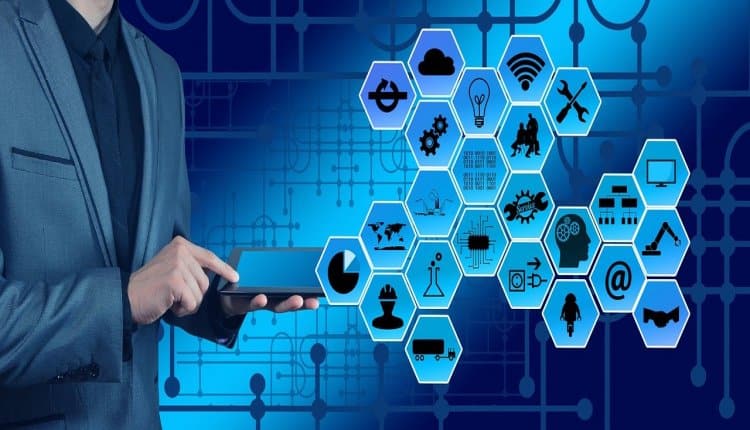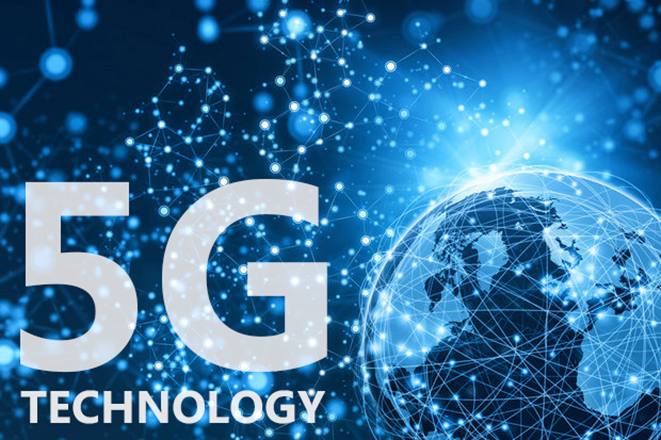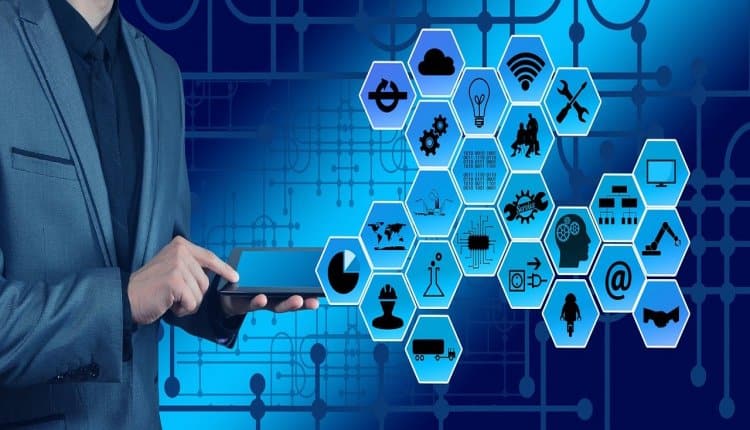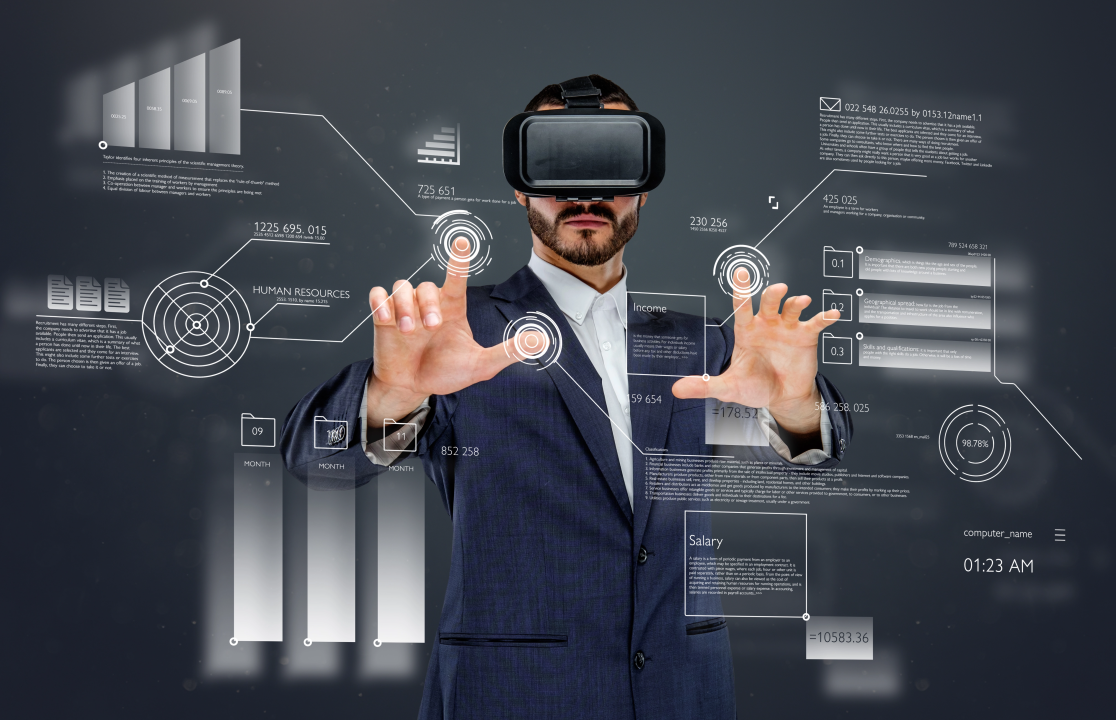Emerging technologies are transforming industries worldwide, reshaping how businesses operate, innovate, and deliver products and services. These technological advancements are not only enhancing productivity but are also opening up new opportunities for growth and change. From artificial intelligence (AI) to blockchain and the Internet of Things (IoT), emerging technologies are revolutionizing sectors across the globe. In this article, we will explore how these innovations are reshaping various industries.
1. Artificial Intelligence and Machine Learning in Business
AI and machine learning (ML) are among the most influential technologies driving change in industries like finance, healthcare, and retail. In business, AI is optimizing customer service through chatbots and personalized recommendations, automating administrative tasks, and improving decision-making through predictive analytics. Machine learning algorithms are helping businesses analyze massive datasets to identify trends and make more informed choices.
2. Blockchain in Finance
Blockchain technology is revolutionizing the financial sector by providing secure, transparent, and decentralized transaction systems. It is making processes such as cross-border payments, cryptocurrency transactions, and smart contracts more efficient and secure. Blockchain’s potential to eliminate intermediaries and reduce fraud is making it a key innovation in finance.
3. Automation in Manufacturing
Automation is transforming the manufacturing industry by improving production efficiency and reducing human error. Technologies like robotics, AI-powered machinery, and 3D printing are streamlining operations, enabling manufacturers to create high-quality products at lower costs. Automation also allows businesses to respond quickly to changes in market demand and customize products for specific customer needs.
4. Internet of Things (IoT) in Supply Chain Management
IoT is playing a vital role in revolutionizing supply chain management by connecting devices, vehicles, and sensors to improve efficiency and visibility. IoT allows businesses to track goods in real-time, optimize inventory management, reduce waste, and ensure timely deliveries. It also helps in predictive maintenance, ensuring that equipment is serviced before failure, reducing downtime.
5. 5G Technology in Telecommunications
The rollout of 5G technology is changing the telecommunications industry by offering faster speeds, reduced latency, and increased connectivity. 5G enables a range of innovations, including the proliferation of connected devices, enhanced virtual and augmented reality experiences, and the development of smart cities. It also supports the growth of IoT by providing the necessary bandwidth for a large number of devices to connect simultaneously.
6. Virtual and Augmented Reality in Retail
Virtual reality (VR) and augmented reality (AR) are revolutionizing the retail industry by enhancing customer experiences. VR allows customers to try products virtually, while AR overlays digital information onto the real world. These technologies help retailers provide immersive shopping experiences, improve product visualization, and allow consumers to interact with products in new ways before making a purchase.
7. Cloud Computing in Technology and Business
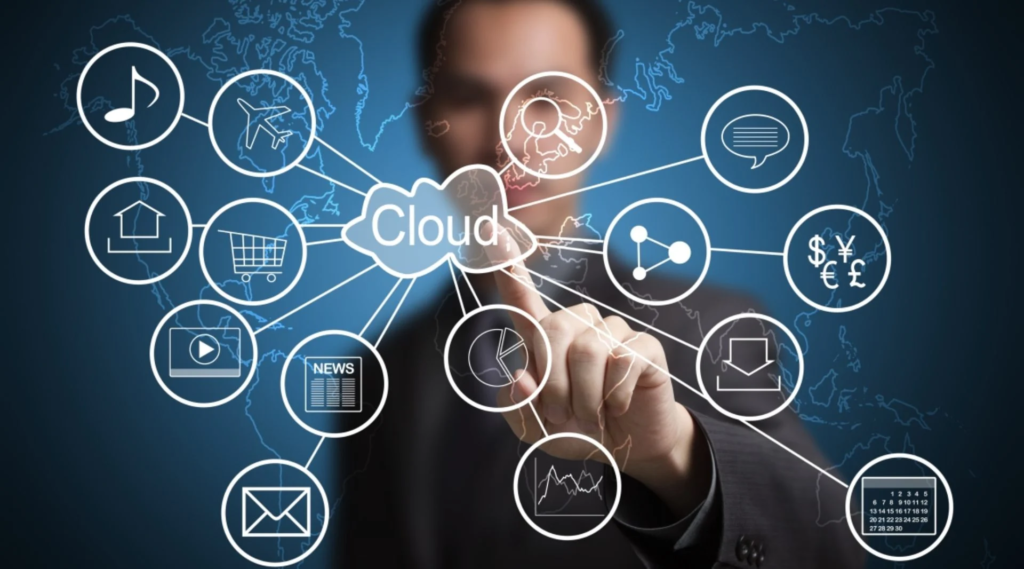
Cloud computing is transforming how businesses store and manage data. With the ability to store vast amounts of information in the cloud, companies can access their data anywhere, at any time. Cloud computing allows for scalability, flexibility, and cost-efficiency, enabling companies of all sizes to take advantage of advanced technologies without investing in expensive infrastructure.
8. Healthcare Innovations: Telemedicine and AI Diagnostics
Telemedicine and AI-powered diagnostic tools are revolutionizing the healthcare industry. Telemedicine platforms enable doctors to provide remote consultations, making healthcare more accessible, especially in rural areas. AI diagnostics help doctors analyze medical images, detect diseases early, and personalize treatment plans for patients, improving outcomes and reducing healthcare costs.
9. Smart Cities and IoT-Driven Infrastructure
The concept of smart cities is gaining momentum, with IoT and AI playing critical roles in their development. Smart cities use sensors and data analytics to improve infrastructure, manage traffic, optimize energy use, and ensure better public safety. Innovations in transportation, waste management, and environmental monitoring are helping cities become more sustainable, efficient, and livable.
10. Autonomous Vehicles in Transportation
Autonomous vehicles are revolutionizing the transportation industry. Self-driving cars, trucks, and drones are reshaping logistics and urban mobility by reducing human error, improving safety, and lowering transportation costs. Autonomous vehicles are also reducing the environmental impact of transportation, as electric-powered autonomous cars are expected to become more prevalent in the future.
11. Biotechnology and Genetic Engineering in Healthcare
Biotechnology and genetic engineering are advancing healthcare by enabling the development of personalized medicine, gene therapies, and vaccines. These technologies are paving the way for targeted treatments that can address the root causes of diseases, rather than just their symptoms. Gene editing technologies like CRISPR are offering revolutionary solutions for curing genetic disorders and preventing diseases.
12. Drones in Delivery and Logistics
Drones are changing how goods are delivered, particularly in logistics and e-commerce. With the ability to deliver packages quickly and efficiently, drones are enhancing last-mile delivery services and reducing delivery times. Drones are also being used in agriculture for crop monitoring, pest control, and spraying fertilizers.
13. Cybersecurity Innovations
As cyber threats continue to evolve, cybersecurity is becoming increasingly important across all industries. Emerging technologies like AI, machine learning, and blockchain are helping protect against cyberattacks by detecting vulnerabilities, preventing breaches, and securing sensitive data. Cybersecurity innovations are essential for safeguarding critical infrastructures, financial systems, and personal data in an increasingly digital world.
14. Sustainable Technologies in Agriculture
Emerging technologies in agriculture, such as precision farming, AI-powered drones, and genetically modified crops, are revolutionizing the way food is produced. These technologies enable farmers to optimize water usage, reduce pesticide use, and improve crop yields, ensuring food security and sustainability in the face of climate change.
15. Digital Twin Technology
Digital twin technology is being applied in various industries, from manufacturing to healthcare. By creating digital replicas of physical assets, companies can monitor their performance, predict maintenance needs, and optimize operations. In healthcare, digital twins of patients are being used to simulate treatments and predict medical outcomes.
Read Also :-http://What Are the Benefits and Risks of Advancements in Technology?
Conclusion
Emerging technologies are revolutionizing industries by enhancing efficiency, reducing costs, and opening up new opportunities. From AI and blockchain to IoT and 5G, these innovations are reshaping the way businesses operate and improving the quality of life for consumers. As these technologies continue to evolve, they will unlock even more transformative potential, driving future growth and innovation across industries worldwide.

